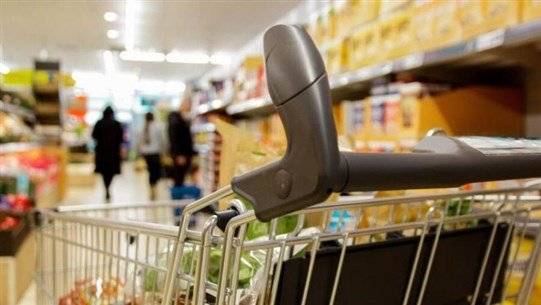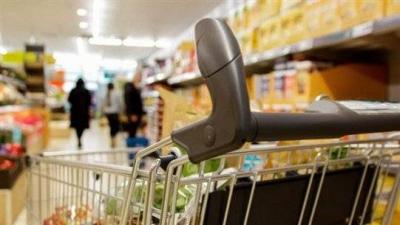Political forces are struggling among themselves regarding the burden of the customs dollar, while citizens are grappling with the implications of the decision and its effects, which will bring about price fluctuations affecting both luxuries and necessities. As a result, they have begun to prepare and manage their affairs. Each according to their ability, residents of Baalbek-Hermel have started to get ready for the increase in the customs dollar, at a time when responsibilities are mounting on the shoulders of Bekaa residents with the approaching winter and the new school year. Having adapted over the past two years to purchase what they need according to their available means, they are now racing against the Lebanese state before it approves the customs dollar law that will impact various goods and raise their prices. Many are buying all the food supplies, electrical appliances, and cars they need, while a large segment of citizens stands by, watching helplessly as inflation affects all aspects of life, unable to confront or anticipate it; its impact will hit the impoverished and those incapable of coping.
Following traders, and continuing from their past behavior during the subsidized materials days—where they would hide goods to sell at market prices or smuggle them into Syria due to higher prices there—many have begun hoarding certain goods in anticipation of the customs dollar hike affecting imports and food products. Although the Ministry of Economy claims that essential needs like food will not be affected by rising prices, traders are gearing up for it, waiting for opportunities to seize people’s wallets and accumulate wealth. Because people have no choice but to secure food and supplies as much as possible, they submit to the reality and fall prey to greed and avarice.
There is a notable rush in the Bekaa to stock up on food supplies, grains, and other items that do not lose their effectiveness over time, and to buy flour out of fear of a bread crisis that could cause people to stand in queues again. While the price of a sack of flour has reached one and a half million Lebanese pounds in Baalbek, many citizens insist on purchasing and storing it in preparation for a harsh winter, particularly in remote mountain villages. Abu Ahmad, a resident, told "Nidaa al-Watan": “The worst is yet to come. What we hear in the news motivates us to stock up.” He added that he bought flour, oil, and grains enough for him and his family of five “hoping all rumors are false and that we won't be affected by what is said about price increases and what is called customs.”
As various electrical appliances will also be affected by price increases related to the customs dollar, some young people, particularly those planning to get married, are purchasing whatever they can before the law is enacted. They are advising each other on how to secure these items, leading to a noticeable rise in purchases at some stores. Moussa told "Nidaa al-Watan" that he bought a refrigerator, a washing machine, and a gas oven, aiming to save half their price. He added, “Even though the marriage project is not in the cards right now, I strive to avoid being taken by surprise."
Regarding cars, Baalbek-Hermel is experiencing a boom in purchasing new vehicles, as if there were no economic crisis or dollar issues, with some buying them for trade and profit. This wave of purchasing highlights one of the most significant contradictions we face due to the crisis and its consequences, along with the vast economic disparities that have emerged.




